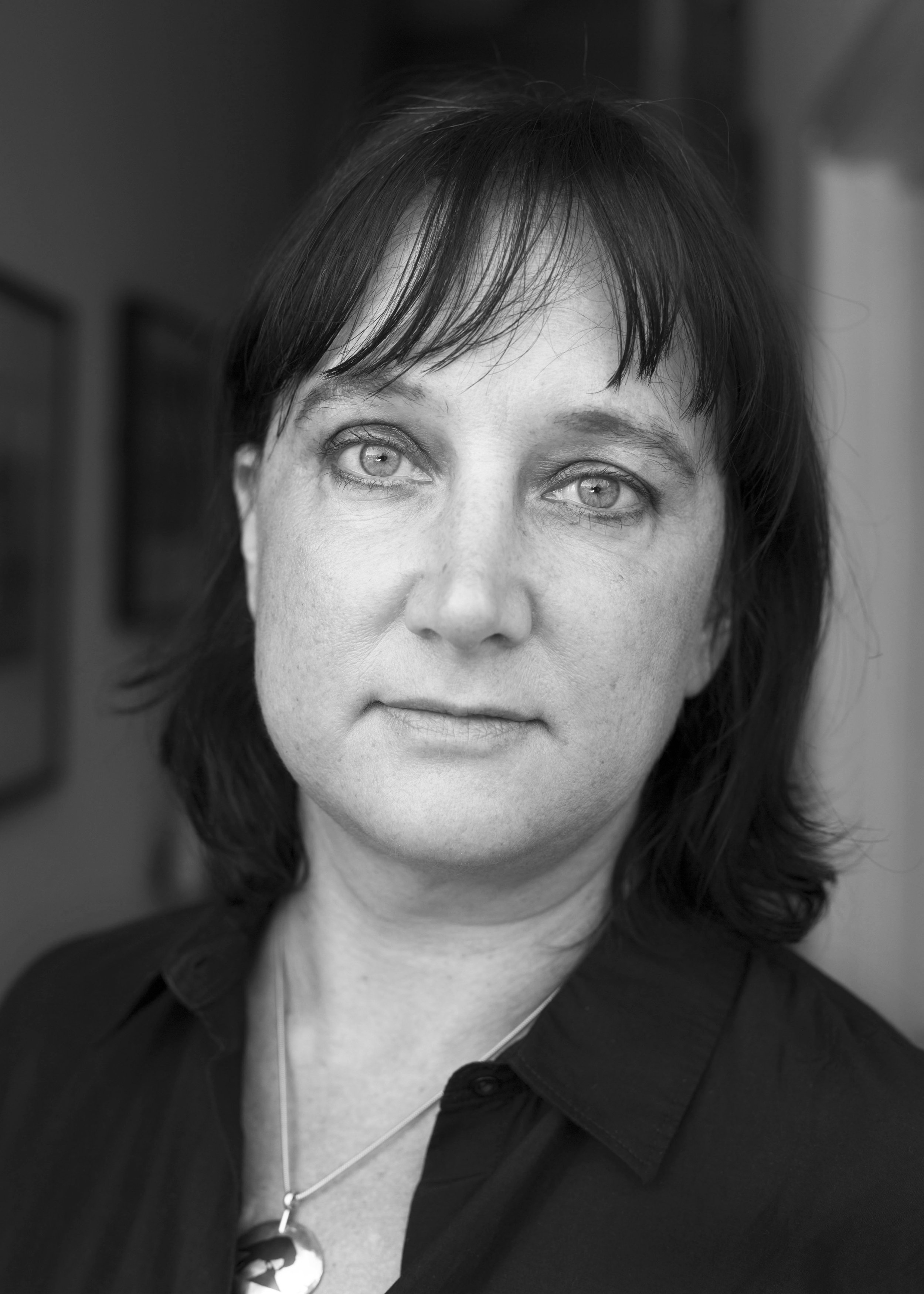Credit: Martin Figura
Congratulations to novelist, short story writer and translator Henrietta Rose-Innes, who has been awarded this year’s University of Johannesburg Prize for Translation for her work on the English language edition of Etienne van Heerden’s acclaimed A LIBRARY TO FLEE (Tafelberg, 2022).
The prize recognises the outstanding translation of a text from any language into any one of the official South African languages, with Henrietta working from Etienne’s original Afrikaans text DIE BIBLIOTEEK AAN DIE EINDE VAN DE WÊRELD to produce this book: a feat made all the more remarkable by the text’s expansive length, running to nearly 800 pages in its original edition.
‘Henrietta’s exemplary work in bridging linguistic and cultural gaps through translation has earned her this esteemed accolade,’ writes the University in a press release. ‘UJ sends its warmest congratulations to Henrietta Rose-Innes for her exceptional contribution to the world of translation and for her dedication to fostering greater cultural understanding through the art of language. Her remarkable work will undoubtedly leave a lasting impact on the world of literature and multilingual communication.’
Etienne van Heerden’s A LIBRARY TO FLEE book was called ‘huge, inventive, fascinating, funny, troubling, and highly courageous’ by Professor David Atwell (co-editor of The Cambridge History of South African Literature) and longlisted for the 2023 Sunday Times Literary Awards in South Africa.
About Henrietta Rose-Innes
Henrietta is a prize-winning author and literary translator with degrees in archaeology and biology, and an MA in Creative Writing from the University of Cape Town. She has worked in publishing, scriptwriting and as a creative writing teacher. She is the author of four novels: SHARK'S EGG (SA: Kwela 2000), THE ROCK ALPHABET (SA: Kwela 2004), NINEVEH (SA: Umuzi imprint, 2011; UK: Gallic Books, 2016), and her latest novel GREEN LION, published by Umuzi in 2015 and by Gallic Books in 2017. She is also an acclaimed writer of short fiction, and her 2010 collection of short stories, HOMING, features the 2008 Caine Prize winning story 'Poison' and the 2010 Willesden Prize runner-up, 'Falling'.
Praise for Henrietta Rose-Innes
‘Henrietta Rose-Innes writes an admirably taut clean prose.’ — J M Coetzee.
‘Rose-Innes’ writing is as entertaining as it is subtle – a rare combination.’ — Steven Amsterdam, author of WHAT THE FAMILY NEEDED.
‘I love Henrietta Rose-Innes’s work. With plotlines that are wittily subversive and language that is whippet-lean, it is long overdue for discovery by a wider readership.’ — Patrick Gale, author of NOTES FROM AN EXHIBITION
‘Rose-Innes writes with a dreamlike, lyrical beauty, but she has the ability to keep a tight hold on her plot. Each of her works is a finely wrought delight.’ – Jennifer Crocker, Cape Times
Follow Henrietta on Twitter




